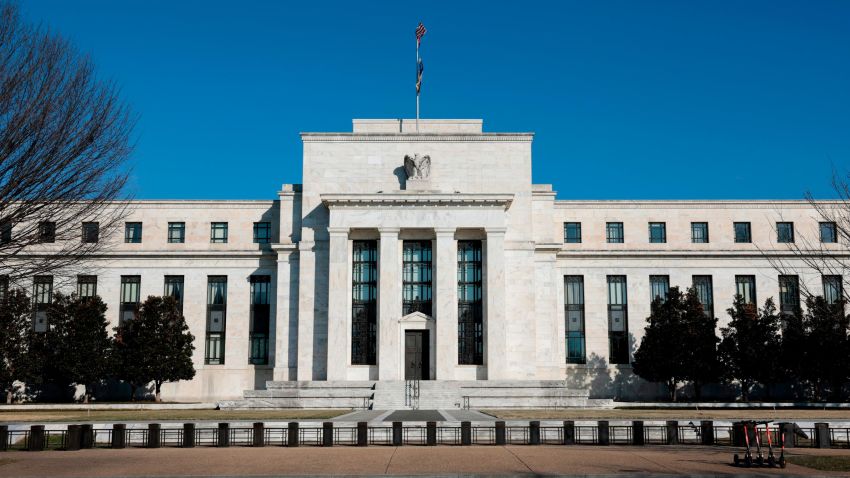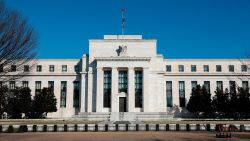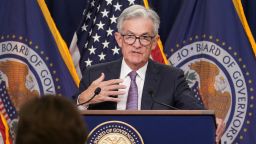There is growing evidence that Americans are struggling to keep up with crushing inflation.
Nearly three in four (71%) employees say the cost of living is outpacing their salary and wages, according to a Bank of America-sponsored survey shared first with CNN on Tuesday. That’s up from 58% in February.
The survey – which was taken in July and polled people who participate in 401(k) plans – reported that half of the employees said they have taken action to cope with financial strain in the past six months.
Among those taking action, 21% say they are tapping emergency savings to pay the bills, 21% are working extra hours, 20% are looking for a higher-paying job and 6% are resorting to a 401(k) hardship withdrawal, the survey found.
The Bank of America survey found that despite being employed, 62% of workers are stressed about their finances.
“The major contributor to that stress is inflation,” said Lorna Sabbia, head of retirement and personal wealth solutions at Bank of America.
The findings paint the picture of a workforce that is under significant financial pressure – despite evidence of a booming jobs market and resilient consumer spending.
Stubbornly high inflation is eroding paychecks and darkening the mood of consumers. Although gasoline prices have eased in recent months, prices for food, rent and utilities remain high.
Overall, consumer prices climbed by 8.3% year-over-year in August, according to the Bureau of Labor Statistics. That’s not far below the 40-year high of 9.1% set in June.
The labor market, by contrast, is booming, for now at least. The unemployment rate tumbled in July to 3.5%, the lowest level since 1969. Hiring remains strong and layoffs are relatively uncommon. Yet even the Federal Reserve is warning of job loss ahead as it attempts to combat high inflation with massive interest rate hikes.
Financial wellness hits five-year low
The percentage of employees who feel financially well off dropped to 44% in the Bank of America survey. That’s the lowest level in five years and significantly below February’s level of 57%.
The deterioration was more pronounced among minorities. Just 32% of Black employees said they feel financially well, down from 50% in February. One in three Hispanic employees indicated they feel financially well, down from 47% in February.
Sentiment about financial wellness among younger Americans has soured the most. Gen Z and Millennials (aged 18 to 44) saw a 15 percentage point decline, compared with 10 points for those who are 55 years old and above.
Against this backdrop, many Americans have considered quitting their jobs.
The Bank of America survey found 21% of employees thought about switching jobs and 9% did. The top reasons for quitting were compensation, burnout and work-life balance.
The economy is likely to be a key issue in this fall’s midterm election. Just one in four Americans say the economy is in “good” or “excellent” condition, according to a Washington Post/ABC News poll released over the weekend. About three in four Americans say the economy is either “not so good” or “poor.”
Skipping utility bills
High energy prices continue to cast a shadow over the economy.
Americans have been dealing with sticker shock as high natural gas and coal prices along with high demand amid heat waves drove up utility bills this summer.
A separate Bank of America report found the average monthly payment for utilities was up 16.3% year-over-year in August.
Utility bills have climbed so much that some families are struggling to pay. A Bank of America survey of consumers found that 17% of households had either missed or made a late payment on utilities. That figure rises to 25% for those making less than $50,000.
If utility prices remain high, Bank of America warned, these households “could come under pressure to make cuts in their other spending in order to keep the lights on.”






















